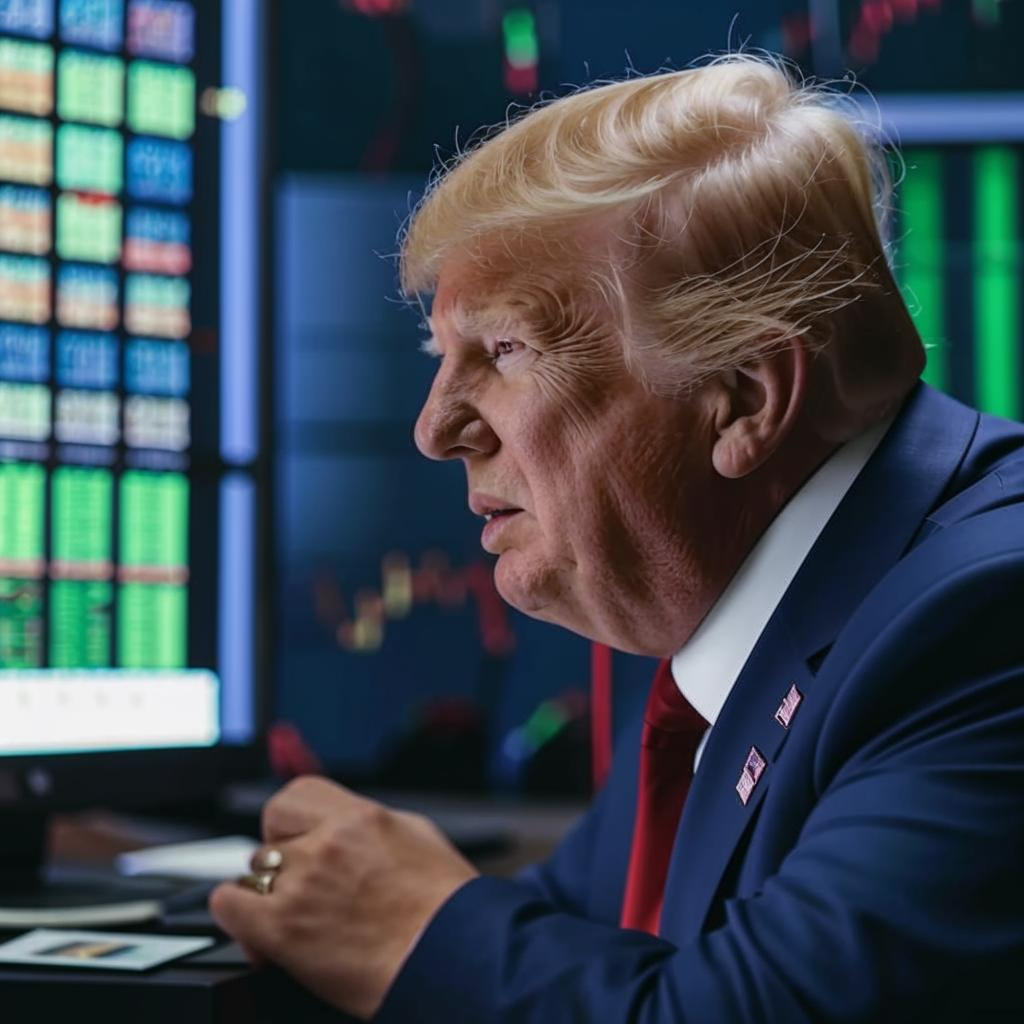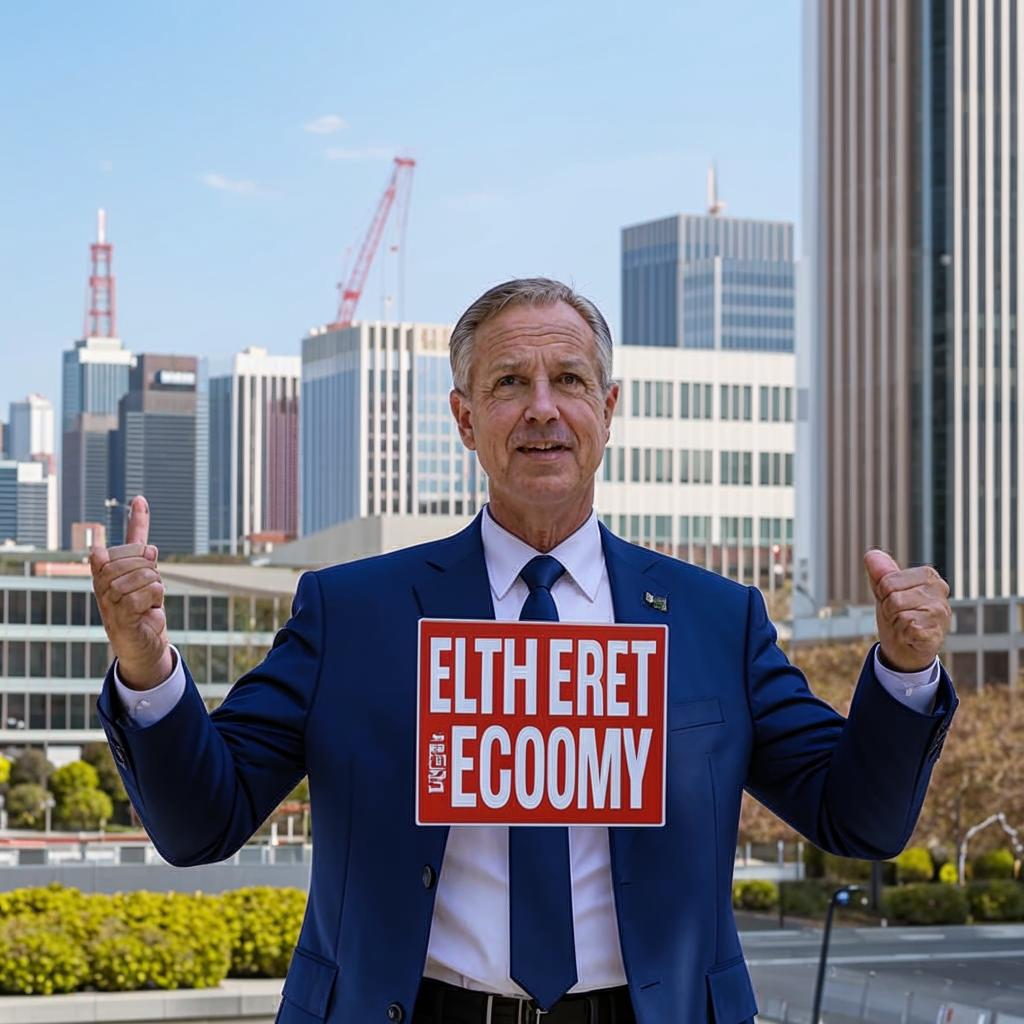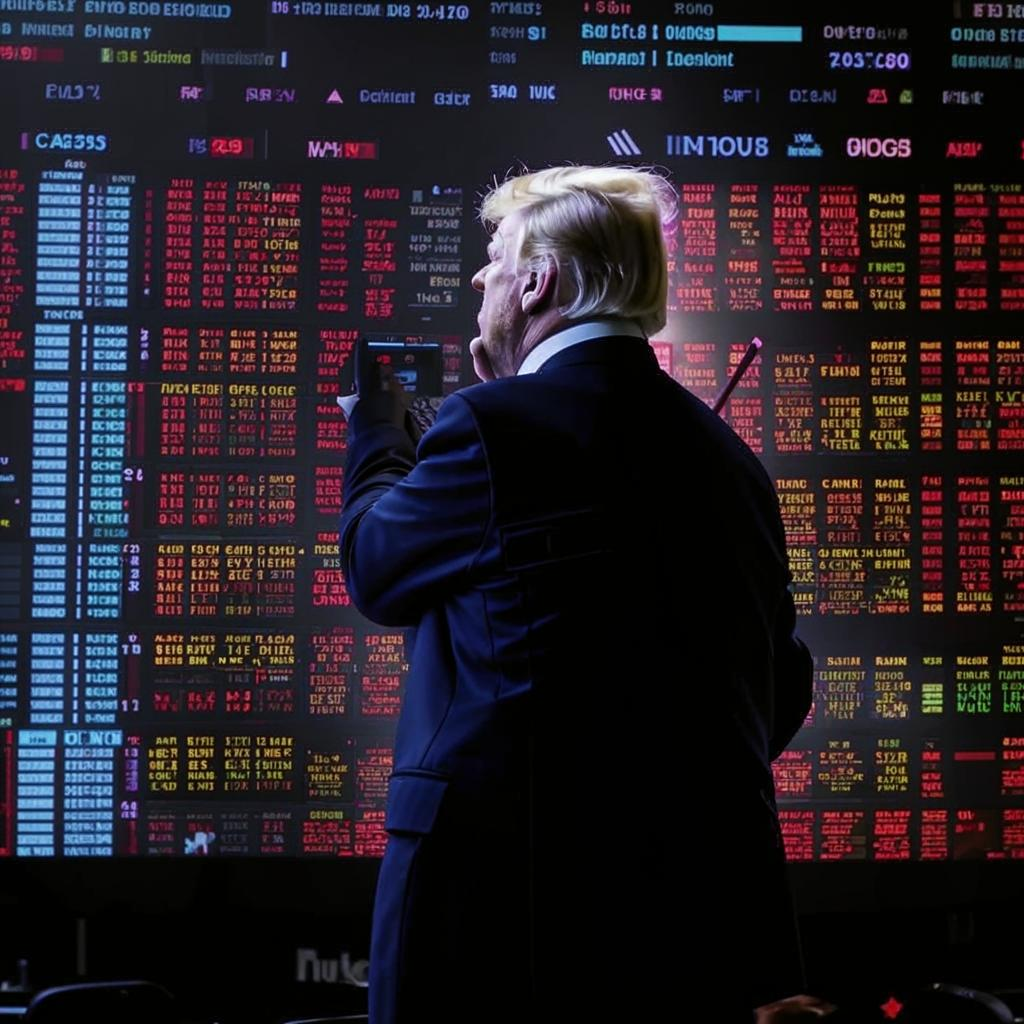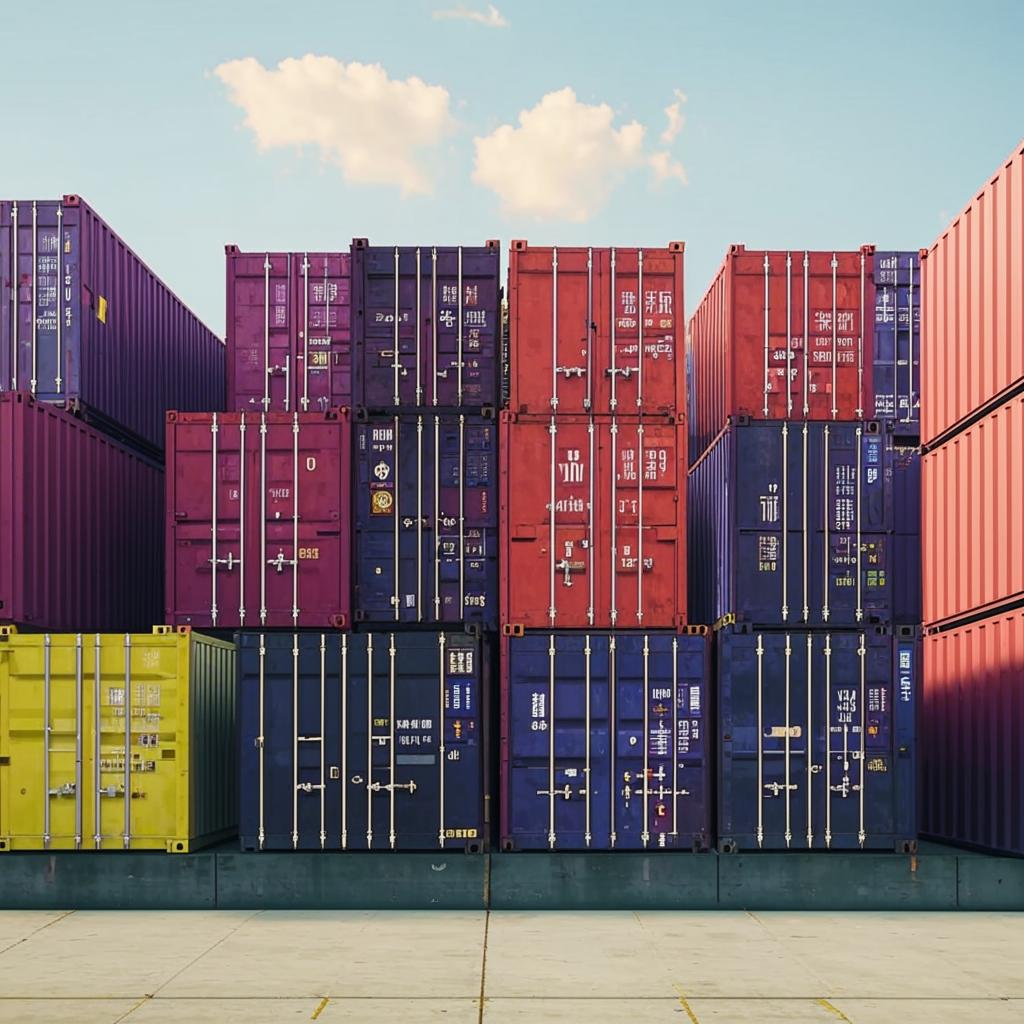President Trump’s inconsistent stance on tariffs is unnerving the already fragile global economy. His administration’s repeated reversals and conflicting statements on trade policy are injecting uncertainty into international markets, hindering investment and potentially slowing growth.
Initially, Trump aggressively imposed tariffs on goods from China, Canada, and other nations, aiming to protect American industries and reduce trade deficits. However, he has often backtracked or offered temporary exemptions, creating confusion among businesses and investors worldwide. These sudden shifts make it difficult for companies to plan future investments, manage supply chains, and accurately forecast costs. The lack of clarity discourages capital expenditure.
Economists warn that this erratic behavior could have significant consequences. Trade wars disrupt established trade relationships, increase prices for consumers, and reduce overall economic activity. The International Monetary Fund (IMF) has already lowered its global growth forecast, citing trade tensions as a major factor.
While the Trump administration argues that tariffs are necessary to level the playing field, critics contend that they are ultimately self-defeating. They point to studies showing that tariffs disproportionately harm American consumers and businesses, while failing to achieve their intended goals. The constant uncertainty surrounding Trump’s trade policies is creating a drag on the global economy, undermining confidence and potentially leading to a slowdown or even a recession.













